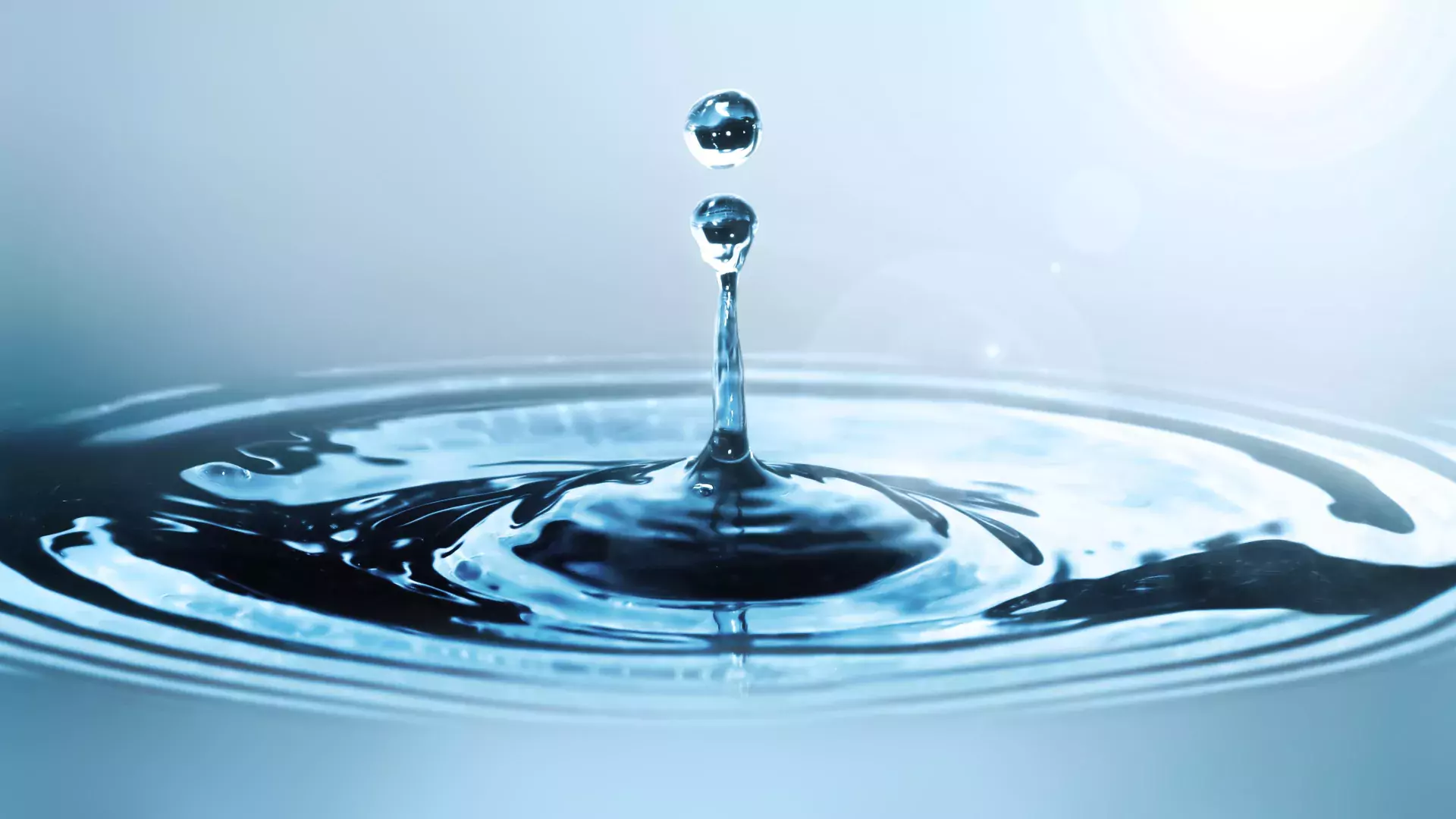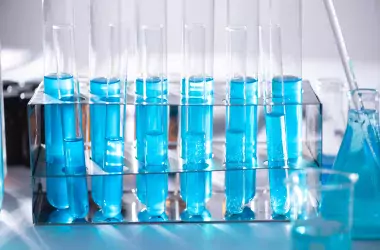Drinking water
Our drinking water applications
The water processed at drinking water treatment plants is supplied to households and industries and is required to meet high purity standards that are crucial to human health.
Our drinking water treatment solutions are designed to remove impurities, pathogens, and contaminants, providing high-quality water for consumption. We offer a range of technologies, including filtration and chemical treatment, to ensure that drinking water meets the highest safety standards.

Softening
Water hardness can cause scale formation in pipes and on fixtures or interfere with detergent efficiency. Softening reduces water hardness by removing dissolved calcium and magnesium salts. Several processes can be used to achieve softening, such as ion exchange or lime-based treatment. At Lhoist, we provide specialty milk of lime or lime slurry formulations that are particularly well-suited for softening. The formulation ensures process efficiency through a combination of low particle size and high calcium hydroxide concentration.

Mineralisation
Soft waters lack essential minerals such as calcium and magnesium, as well as alkalinity. Filtration materials and lime-based products are used in mineralization processes to balance the mineral content and alkalinity of water. In addition to providing essential minerals to water, a balanced calco-carbonic state prevents dissolution of undesirable substances in distribution networks.
Corrosion control
Waters with high concentrations of dissolved CO2 are aggressive/corrosive to distribution infrastructure and thus pose serious risks to infrastructure integrity and human health. Filtration materials and lime-based products neutralize the corrosive action of the dissolved CO2 by transforming it into calcium hydrogen carbonate.

pH / alkalinity adjustement
pH is one of the most important operational water quality parameters. Water pH in the distribution network is controlled to minimize corrosion of water mains and pipes in household water systems. Filtration materials and lime-based products allow for pH control through improved buffer capacity to minimize the risk of water quality impairment caused by corrosive damage in the supply network.